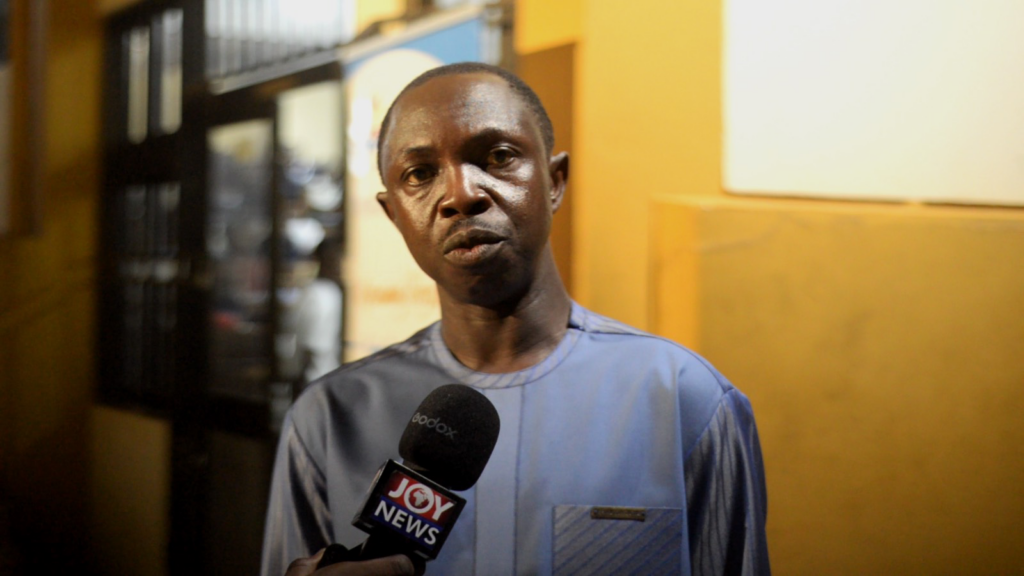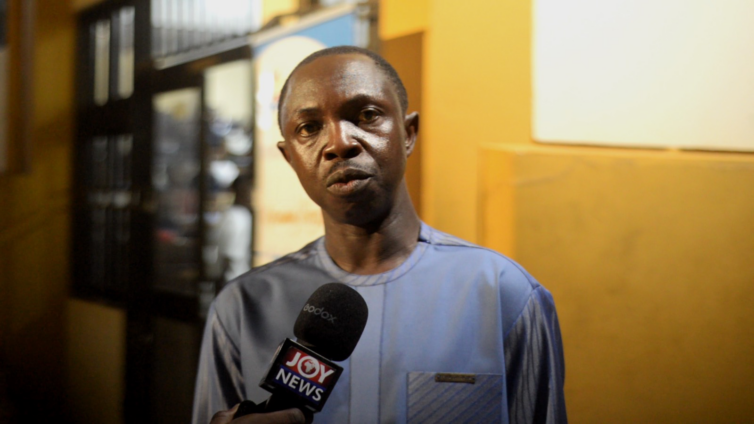
Audio By Carbonatix
Young engineers can make a substantial impact on the country’s development and sustainability goals if they are exposed to practical experience after their engineering education.
Industry experts are advocating the enforcement of real-life experiences and coaching students to devise practical solutions to confronting community problems.
The ideal fundamentals of engineering are embedded in problem-solving and innovation.
This underscores identifying societal problems and designing relevant solutions to improve lives in struggling communities.
Engineers in Ghana are being encouraged to commit to addressing local challenges by leveraging their education to create location-specific solutions.

He says importing solutions from abroad may not be suitable for Ghanaian problems.
“Invocation means we identify societal problems and come up with solutions. That will make life better. They go to remote areas and communities in Ghana, identify problems, and through the education they have had in school, they can come up with solutions that are simple and location-specific.
“We cannot continue to import solutions from abroad for a Ghanaian problem. It may not be suitable. The solution must be country-specific. And relevant to local problems.
"And we are having this mentorship and fair to enrich their curriculum so that in studying their focus will be how they can develop solutions and be employable,” he said.
Ing. Bismark Anane made these comments at a career fair for engineering students of the Kwame Nkrumah University of Science and Technology.
The career fair aims to provide mentorship and curriculum enrichment with a focus on developing solutions and enhancing employability among students.
“There is a gap between theoretical and practical experience. Experts share their experience, coach, and support the education of engineering.
“Engagements like this will prepare them well for the industry after graduation. Engineering is about problem-solving solving and we have come this far because of innovation,” Anane said.

“Women in engineering are very few. We are less than 10 per cent of the workforce in engineering. Yet the very few are doing so well and excelling to motivate upcoming engineering graduates.
“It is quite challenging, but these women who are doing so well should be retained in the field. And so it’s important that Engineers know that when they face certain issues, it’s normal,” she added.
Latest Stories
-
Prudential Bank, Mastercard discuss support for SMEs and corporates
2 hours -
Threat of further violence looms after Mexican cartel rampage
2 hours -
Abesim murder case: Footballer sentenced to life imprisonment
3 hours -
Third force not the answer – Yaw Nsarkoh questions Ghana’s political fix
3 hours -
Prudential Bank champions tree crop investment at TCDA anniversary dialogue
3 hours -
Roc Nation Sports International kicks off inaugural youth football tournament in Ghana
3 hours -
‘Ghanaians are not genetically disorderly’ – Yaw Nsarkoh says consequences create order
3 hours -
Electoral Cost Efficiency in Emerging Democracies: A Comparative Analysis of Cost per Voter in Ghana’s 2020 and 2024 General Elections
3 hours -
BBC edited a second racial slur out of Bafta ceremony
4 hours -
Nigeria denies report it paid ‘huge’ ransom to free pupils in mass abduction
4 hours -
Gender Minister oversees safe discharge of rescued baby, settles bills and engages police on probe
4 hours -
Bawumia receives Christian Council goodwill visit after NPP flagbearer win
5 hours -
Afenyo-Markin urges Bagbin to summon Korle-Bu, Police, Ridge Hospitals over alleged denial of care to hit-and-run victim
5 hours -
Police reject GH₵100k bribe, arrest drug suspects with 209 slabs
5 hours -
Declare galamsey child health emergency – Pediatric Society to President Mahama
5 hours

